Agricultural Ecology
Rooted firmly in the principles of ecology, the agricultural enterprise, even though having been exposed to the impact of environmental problems arising from land degradation, soil erosion, groundwater depletion and pollution and loss of biological diversity has so far stood firm and survived to meet the food requirements of the growing population, so much so that there have been some striking instances of food glut in several countries, including some that used to suffer famines only half a century ago. All this has resulted from the uncommon opportunities in improving yield and quality of major crops because of striking advances in biotechnology, informatics, plant breeding, plant pathology, and the green revolution based on high-yield dwarf varieties. The multifaceted nature of the agricultural production process warrants a systems approach to the whole process of agricultural transformation with concurrent attention to all the various links in the chain starting from sowing the ending with consumption, while giving due consideration to the overarching impacts of ecology, environment, indigenous knowledge and while keeping in view the needs and requirements of small and subsistence farmers in developing countries. Agricultural and ecological programmes need to be effectively integrated operationally, since the conservation and proper management of soil, water, flora and fauna is essential for any sustained advancement in agriculture. The current practice of industrialized monoculture will have to change toward a more diversified, site-specific (precision) agriculture based on time-tested indigenous and traditional wisdom, local varieties (landraces), participatory plant breeding, and computer based informatics. While pointing the way towards the above directions, the book discusses building up of new farming systems rooted in principles of environmental stability, economic viability and social equality. It should serve as a text for courses in agronomy, ecology, environment, plant pathology and plant breeding, especially for students in developing countries.
Contents: Preface. 1. General introduction. 2. Agriculture and the environment. 3. Erosion and land degradation. 4. Management of soils, water and nutrients. 5. Abiotic stresses. 6. Plant protection and conservation. 7. Law external input sustainable agriculture. 8. Potential agricultural production and resource use in the future. Bibliography. Glossary. Index.
Get it now and save 10%
BECOME A MEMBER

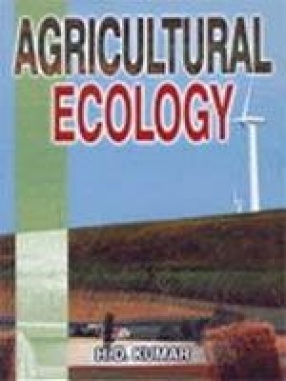


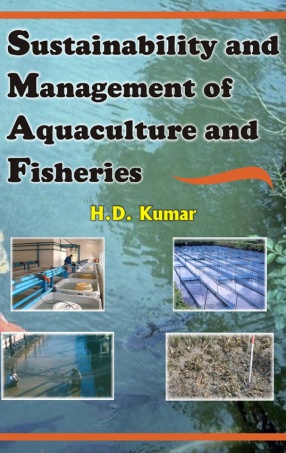
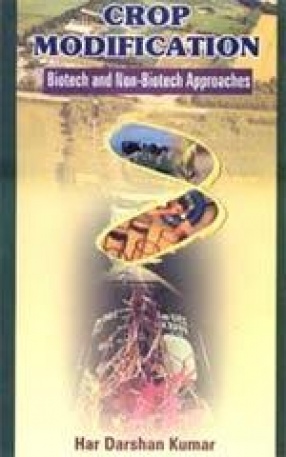
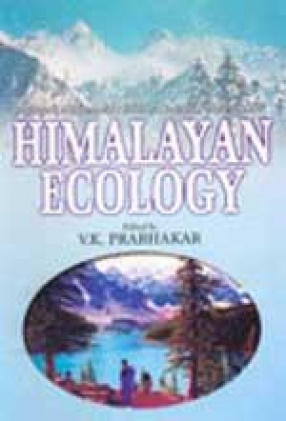
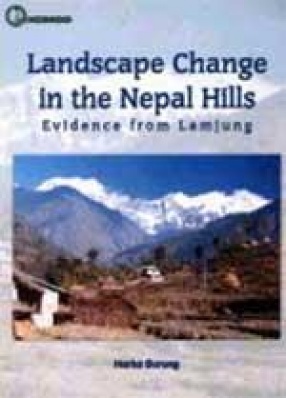
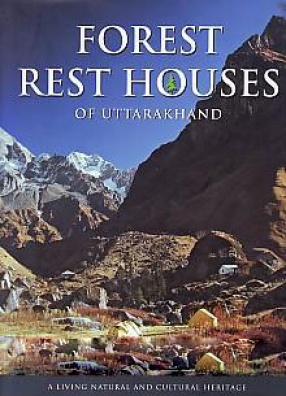
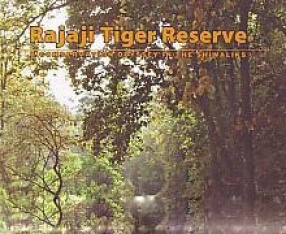

Bibliographic information